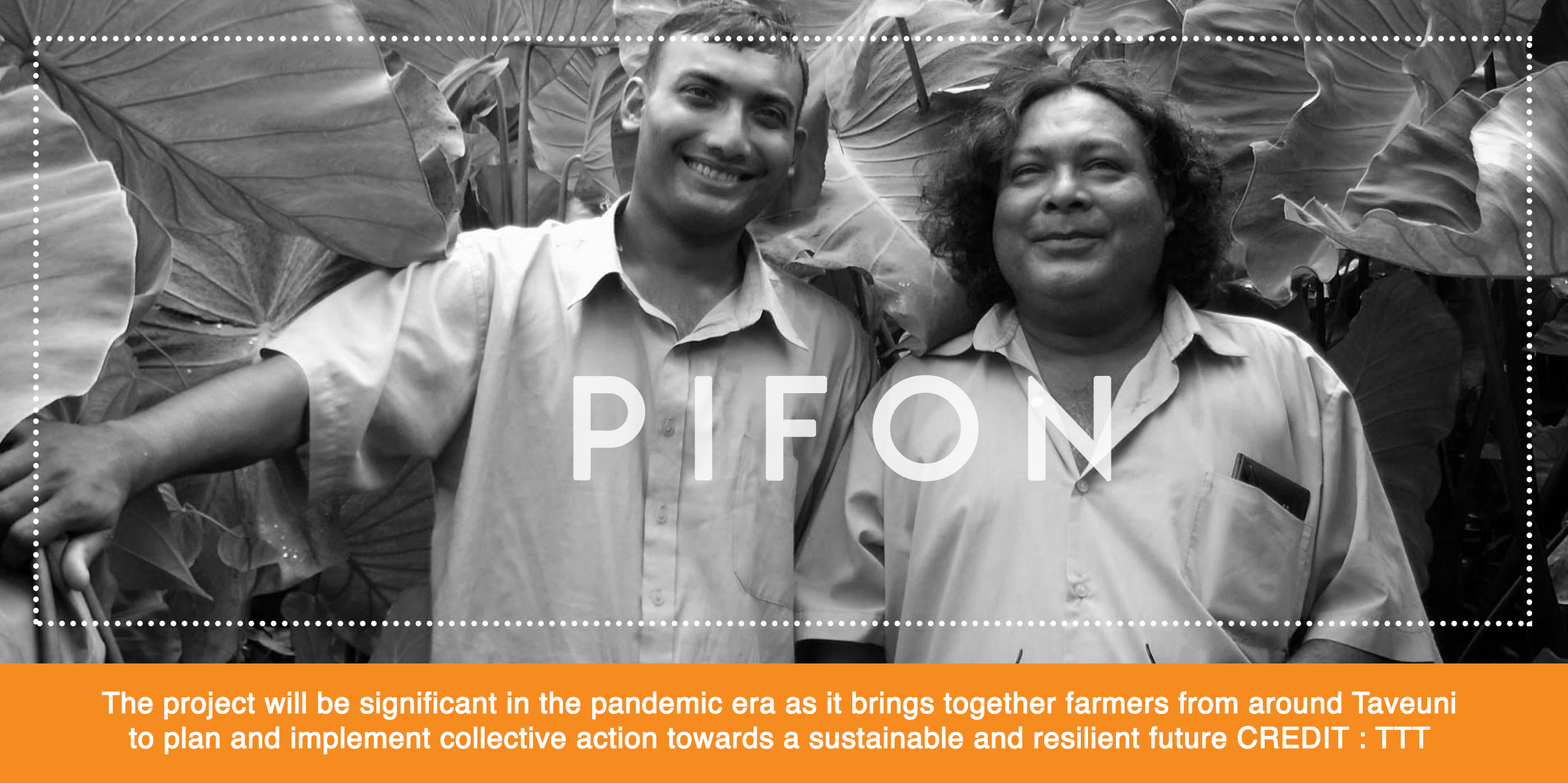M A R C H 2 0 2 2
Wednesday 23
Taveuni, Fiji – Amidst the Covid-19 pandemic, there is a growing demand from farmers to rebuild degraded farms productivity on Fiji’s Garden Island.
Tei Tei Taveuni have begun plans to implement 11 model farms of 5 acres using sustainable agro-forestry and eco-agricultural farming practices with a clear emphasis on mineralization of the soils, diverse biological soil life and diverse multi-cropping.
“We will be working with farmers to use a combination of long-term tree crops, medium-term commercial crops and short-term cash crops using agro-forestry or eco-agriculture model to build a diverse multi-cropping system,” said Alan Petersen, the chairman of Tei Tei Taveuni.
“We also have plans in place that will generate income for implementing and expanding the concept.”
The project is a continuation of the work done by Tei Tei Taveuni since it was founded in 2009 and has over the years seen partnerships with ACIAR, SPC and MPI that has given “farmers a good foundation to build our model farms on and in a sustainable direction.”
Given the interest in collective action, the model farm project is expected to enhance these ambitions while reiterating commitment to rebuilding degraded farms productivity on Taveuni.
“The capacity building through the 2 years of soil schools and the follow up 3 years mentoring of farm groups in implementing a local version of biological farming has created an understanding among the participating farmers that change towards a sustainable living production system is necessary,” said Alan Petersen.
The project will be significant in the pandemic era as it brings together farmers from around Taveuni to plan and implement collective action towards a sustainable and resilient future.
The project also marks 11 years since Tei Tei Taveuni set up the MOA Lime Taskforce, making local lime available for ½ the imported price to support farmers who depend on implementing the move towards sustainability.
The project also comes after the regional consultation on forgotten foods in Asia Pacific by Asian Farmers Association which warns, that many nations are being challenged by modern and industrialized agriculture with consequent changes in policies and programme priorities that has effectively replaced traditional foods and now almost a forgotten food.
Expectations among farmers are therefore understandably far higher than in previous years.
Alan Petersen said the project is working towards 4 key sustainable outcomes :
- (1) Farming principles to increase soil organic matter and soil productivity;
- (2) The system will be viable for the farmer short term/medium term/long term;
- (3) TTT must be able to establish market access with a fair price for a quality product and;
- (4) TTT must be capable to sustain continuous mentoring of the 11 farmers and be able to expand the consent to Taveuni’s farmers in general.
“In 5-10 years these farms should have fertile land with well-balanced soils that will allow farmers to have coconuts to sell, breadfruit to sell fresh or to the processing facility procuring gluten free breadfruit flour, ivi for food or for sale to processors or exporters, citrus for the family or for sale to the tourist industry, vanilla beans for sale to processor or exporters, voi voi and masi for sale to handicraft producers, yaqona, dalo, eggs and vegetables for the family and for the sale locally to the middle men.”
While these goals are significant, he added the roadmap towards achieving the goals of the project will determine how effectively farmers in Taveuni can shift the scale on sustainable farming systems.
The project is funded by the Farmers’ Organizations for Africa, Caribbean and Pacific (FO4ACP) Programme, a joint partnership between the European Union International Fund for Agricultural Development (IFAD), Africa Caribbean and Pacific (ACP) and Pacific Island Farmers Organisation Network (PIFON).

